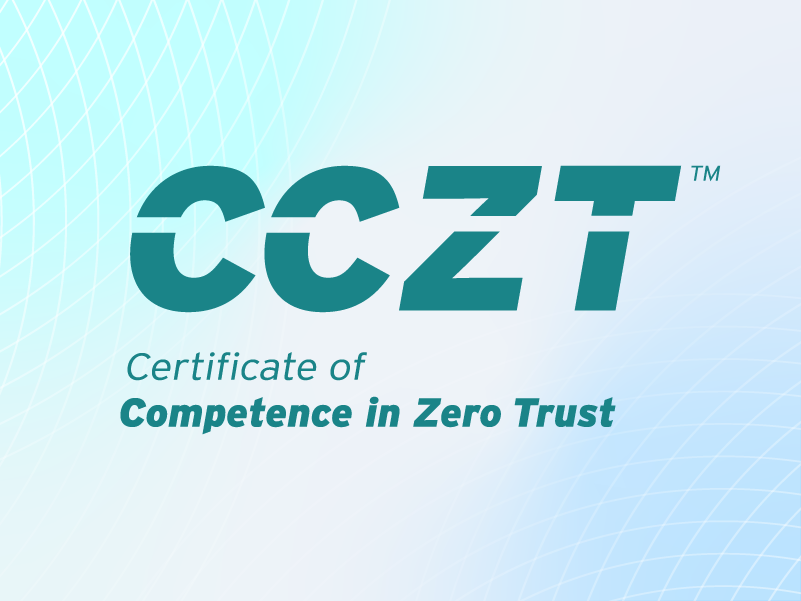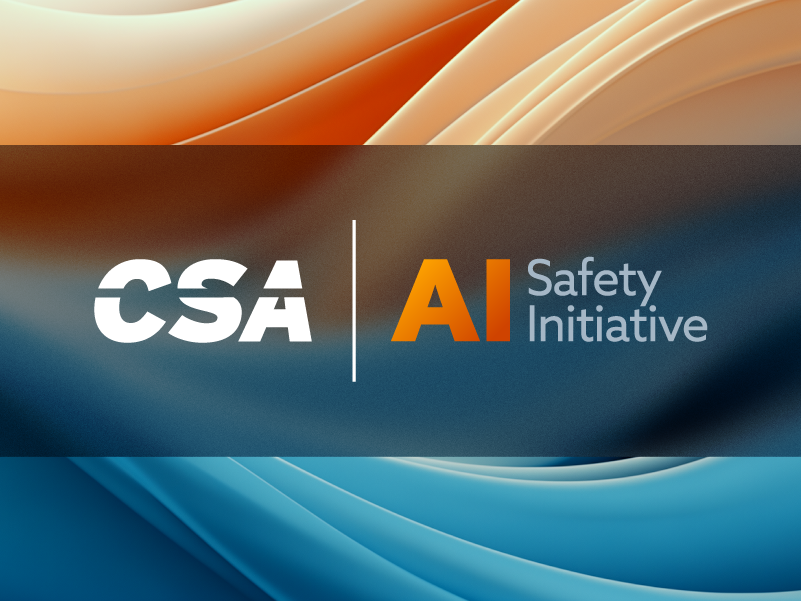AI Governance: Balancing Innovation and Ethical Accountability
Published 06/06/2023
Originally published by BigID.
Written by Peggy Tsai.
AI Governance has long been important for organizations, providing a framework to prioritize investments in artificial intelligence. It ensures transparency, auditability, security, and compliance in data management. But now, with the rise of transformative technologies like large language models, such as ChatGPT, the significance of AI Governance is even more pronounced.
The accessibility and ease of use provided by ChatGPT, BERT, T5, CTRL and other emerging large language models have allowed a wide range of users to test the capabilities of generative artificial intelligence —pushing the boundaries of content creation and information retrieval. The unique characteristic of interactive and generative AI, powered by natural language processing, has created an unparalleled virtual assistant that seemingly possesses limitless knowledge.
Generative AI risks
The rise of large language models is not without its fair share of concerns— primarily stemming from the potential risk of incorporating personal or sensitive information during their training processes. Additionally, end-users may inadvertently share confidential data with the model, raising questions about data privacy and security. As organizations construct their generative networks using structured and unstructured data from various sources, they must ensure diligent governance to prevent biases and mitigate risks.
For instance, many companies are initially leveraging open source technologies to build their own chatbots from technical documentation and internal wikipedias to create content that is digestible and easily searchable by all their employees.
This new need for industry specific chatbots and LLMs can be seen with BloombergGPT. A chatbot that will be employed to deal with named-entity recognition, tone differentiation through sentiment analysis, and responding to financial questions, streamlining needs for employees in the financial domain. The chatbot was built using financial data from Bloomberg terminal, in building a first of its kind domain-specific model for finance. Organizations that are building bespoke models will leverage unstructured data, which can be risky if the sensitivity of that data is unknown during training.
How to implement effective AI governance
To implement AI Governance effectively, organizations should involve key stakeholders who already play important roles in governance frameworks. Privacy professionals, with their expertise in complex technological use cases and global regulatory models, offer valuable insights beyond privacy considerations. Core privacy principles define personal data, but the risks of AI go beyond privacy alone. That’s why the involvement of privacy professionals in policy shaping and control management is crucial.
Equally important is the role of security teams in AI Governance. As generative AI technologies scale to encompass larger transformative programs and are exposed via APIs, security teams must proactively safeguard against breaches and address vulnerabilities in the AI infrastructure. Ensuring proper access controls and employing robust security measures become imperative to maintain the integrity of AI systems.
The third key player in the successful adoption of an AI Governance framework is the data team. While privacy and security teams focus on policy creation and implementation, the data team assumes the critical responsibility of governing and overseeing the data itself. It is crucial to recognize that data within AI Governance is not isolated; rather, it represents the diverse business units responsible for creating, enriching, or deleting data that underpin various business processes and operations. Thus, daily, weekly, and monthly management of the data lifecycle is essential to ensure compliance with evolving frameworks.
AI Governance builds upon the foundations of existing governance frameworks for information and data, representing the next evolution to address the fast-paced changes and complexities faced by organizations today. The use of AI Governance is a testament to the recognition that technological advancements demand a comprehensive approach to governance.
By incorporating AI Governance into their operations, organizations can proactively navigate the challenges associated with emerging technologies while maintaining the highest standards of ethics, accountability, and transparency.
As many financial services, healthcare, technology and retail industries witness a transformative revolution driven by technology, AI Governance emerges as a necessary framework to guide responsible and ethical use of artificial intelligence. Through transparency, accountability, and security — organizations can harness the power of AI while safeguarding against potential risks. The collaboration of privacy professionals, security teams, and data experts is essential in ensuring a robust AI Governance framework that aligns with the evolving regulatory landscape. Ultimately, AI Governance represents the harmonious fusion of technology and ethical principles, paving the way for a future in which artificial intelligence contributes positively to society.
Related Resources



Unlock Cloud Security Insights
Subscribe to our newsletter for the latest expert trends and updates
Related Articles:
Zero Trust for Agentic Pipelines That Touch Cloud Production
Published: 02/27/2026
Core Collapse
Published: 02/26/2026
Agentic AI and the New Reality of Financial Security
Published: 02/26/2026
AI Security: When Authorization Outlives Intent
Published: 02/25/2026


.png)
.jpeg)
.jpeg)

